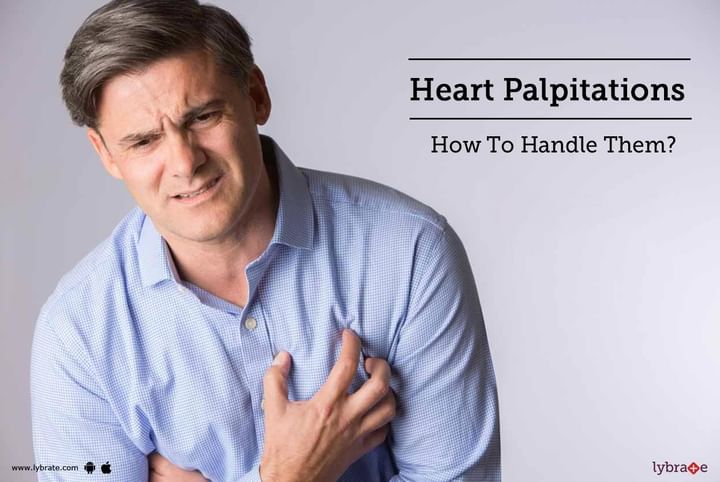Heart Palpitations - How To Handle Them?
Heart palpitations’ is a clustered term that denotes any fluttering, pounding or rapid sensation of the heart. The common triggers include excessive stress, medications, vigorous exercises, and very rarely, an underlying medical condition. Normally, though worrisome, heart palpitations aren’t very serious. However, in certain cases, if the palpitations are caused due to an underlying medical condition such as arrhythmia or ventricular tachycardia, you might want to get your condition reviewed as early as possible.
Common symptoms:
- Skipping beats
- A feeling of pounding of the heart
- Fluttering
You could feel the above sensations even in the neck, or the throat; the chest, being the most common of them. Heart palpitations can happen irrespective of you being overly active or simply at rest, lying down or seated.
Make sure that you are consulting a doctor in any of the following cases:
- If the palpitations are followed by pain or considerable discomfort/tightness in the chest
- Spells of fainting
- Mild, moderate or severe breathing troubles
- Dizziness
The most common causes of heart palpitations include:
- Strong response to anxiety or stress
- Vigorous exercises
- Over consumption of nicotine or caffeine
- Hormonal imbalances, associated with menopause or pregnancy
- A stimulant called pseudoephedrine, that is present in several cough and cold medications
- Asthma medications that contain stimulants
In certain cases, conditions such as hyperthyroidism or arrhythmia could be at the bottom of one’s heart palpitations. Tachycardia (excessive fast heartbeats) and bradycardia (unusually slow heartbeats) are the most common types of arrhythmia.
Possible complications:
- Fainting
- Stroke
- Heart failure
- Cardiac arrest
Treatment
In maximum cases, heart palpitations don’t usually require medical intervention. The doctor might ask you to avoid the possible triggers which might have caused them in the very first place. In the case of palpitations caused by other underlying medical conditions such as arrhythmia, the focus will be on correcting the very anomaly. Cut down on smoking and limit alcohol consumption, along with other stimulants if they have been the cause. Manage stress and make sure to not let anxiety and stress get the better of you; for this, you always have meditation and yoga at your disposal.



+1.svg)
